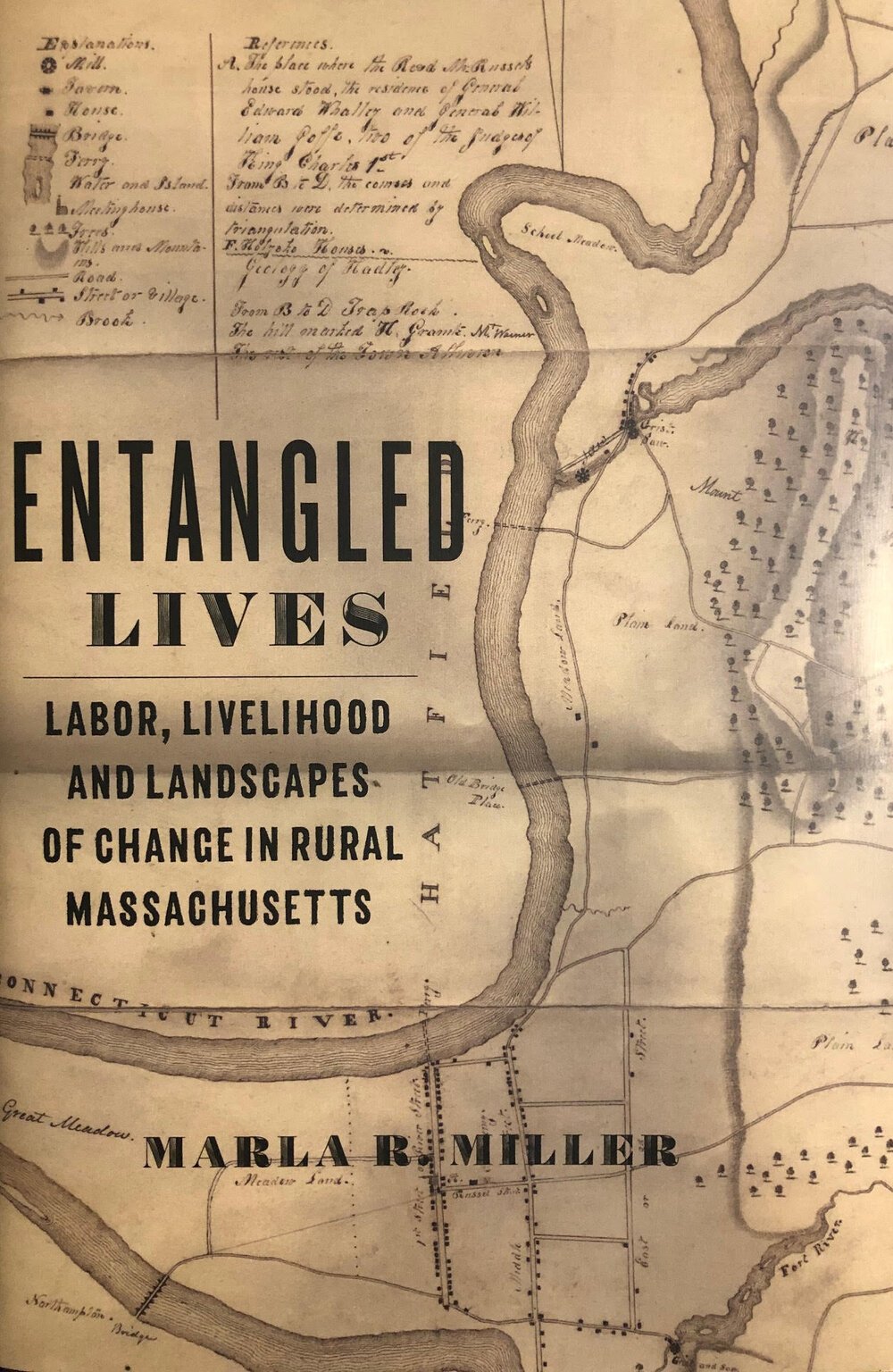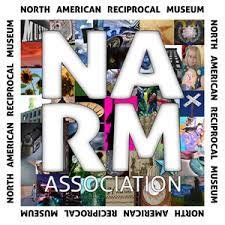
MILL TALK- Entangled Lives: Women’s Labor, from the Rural Farm to the Factory Village ONLINE ONLY EVENT
MILL TALK- Entangled Lives: Women’s Labor, from the Rural Farm to the Factory Village
ONLINE ONLY EVENT
a discussion with Marla R. Miller, UMass Amherst
Streaming LIVE on YouTube.
Professor Marla Miller joins the Charles River Museum’s Director of Education, Dr. Kate Viens, for an engaging discussion about the ordinary women who made essential contributions to the New England economy in the Early Republic. By exploring the narratives of women’s labor, agriculture communities, and early industrialization, this program will bring the histories of rural farming towns and textile mill villages into closer conversation with one another.
In her book Entangled Lives: Labor, Livelihood, and Landscapes of Change in Rural Massachusetts, Miller examined the social relations of Anglo-, African, and Native American women workers in Hadley, a rural town in western Massachusetts. Her research revealed not just the gendered nature of labor, but the effects of race and class on the social and economic opportunities that this work represented.
Women in agricultural communities labored in traditional occupations such as domestic service, cloth making, health and healing, and hospitality. Yet by the early 19th century, the countryside was changing, with the development of local factories and mills where women found employment. Here at Waltham, the Boston Manufacturing Company established boarding houses for its workforce of young Yankee farm women.
Join us for a conversation that considers the “before and after.” We’ll explore how the social and economic traditions of rural communities might have supported or hindered these women as they entered a new type of employment; how their experiences and qualifications contributed to the success of the New England textile industry; and the ripple effects, including a shortage of domestic servants that increased the power of these women to demand higher wages and other concessions.
Marla R. Miller, Distinguished Professor of History at UMass Amherst, directed the Public History Program from 2002 to 2021. A historian of women and work before industrialization, she is the author of The Needle’s Eye: Women and Work in the Age of Revolution (UMass 2006); Betsy Ross and the Making of America (Holt, 2010), and Entangled Lives: Labor and Livelihood on a Massachusetts Landscape (Johns Hopkins University Press, 2019).
The Mill Talks at the Charles River Museum of Industry and Innovation are free and open to the public and are made possible by the generous support of the Lowell Institute.









